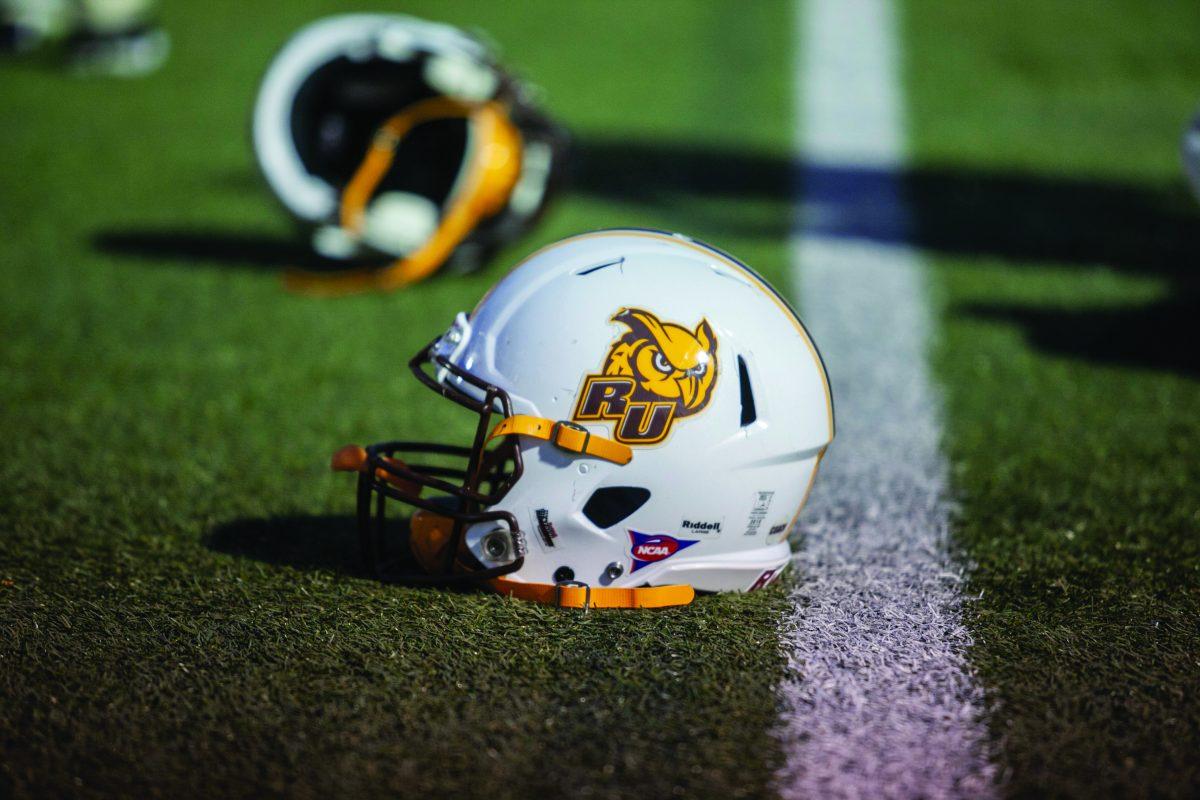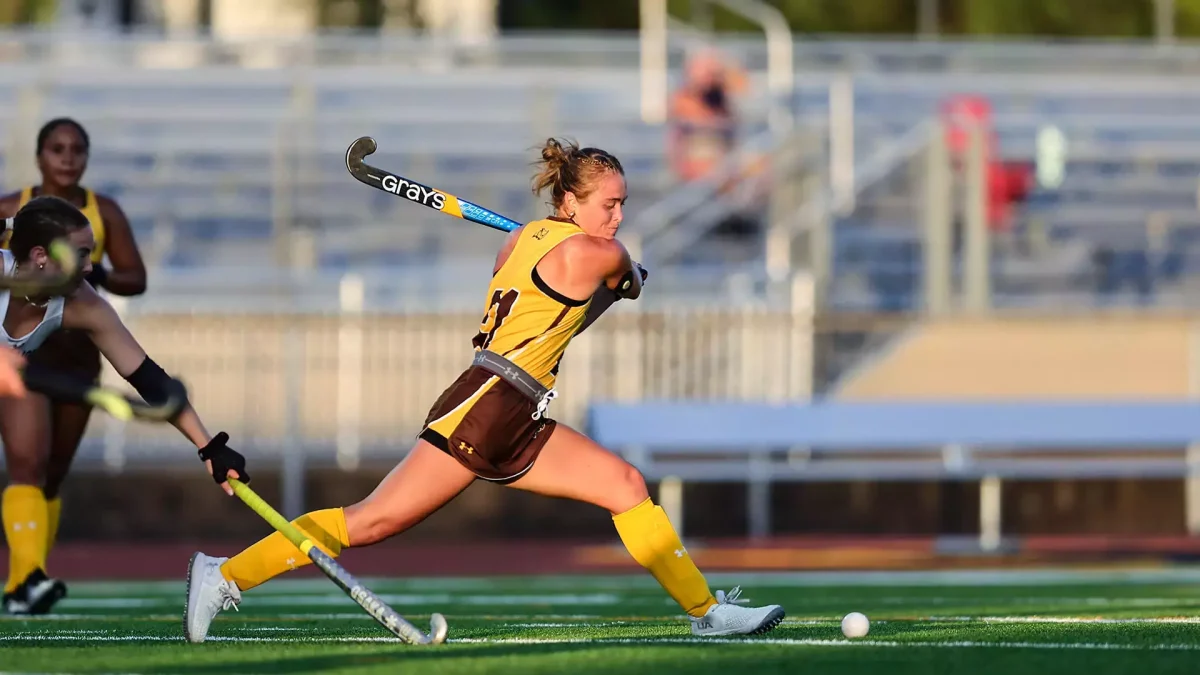While the impact of COVID-19 on sports scheduling has been well-documented, its potential harmful effects on student athletes have been less so.
But thanks to the efforts of Rowan’s own Dr. JoAnne Bullard, an assistant professor in the School of Health Professions, the insidious impact of the virus on student athletes has been fully exposed. Her study, published in The Sport Journal, was conducted among 680 New Jersey Athletic Conference (NJAC) participants and showed that increased feelings of “mental distress” among student athletes were common.
As a general consensus, these feelings damaged athletes at their core, establishing “decreased levels of motivation, increased feelings of stress, and feeling helpless,” according to Bullard’s study. These pandemic byproducts were present regardless of if the athletes were personally impacted by the disease, proving to be significantly detrimental and severe.
In regard to the motivations behind this study, Bullard’s role as an assistant professor within the field and as a former field hockey player at Ursinus College created deep feelings of empathy towards today’s student athletes.
Whether it be on or off the field concerns, the pandemic has placed tremendous amounts of pressure on student athletes to overcome these challenges, greatly harming their physical and mental health. As for Bullard, she aimed at relieving these anxieties in any manner possible.
“The main goal was to provide each participating institution with detailed information based on their student athletes’ responses,” Bullard said. “My thought was this would help athletic departments and institutions implement appropriate resources in a timely fashion, since so much was changing so quickly due to the pandemic.”
Rowan Athletics played an essential role in Bullard’s data collection. Every student athlete at the University answered openly and honestly, ensuring the maximum possible accuracy for the survey.
Bullard also mentioned the remarkable efforts of her colleague, Dr. Cristina Fink, who is Rowan’s interim associate athletic director for student athlete welfare. Fink was responsible for making coaches aware of the program and the distribution of the survey. This significant undertaking resulted in Fink’s creation of team-specific programs that directly addressed the concerns of each athlete.
Ultimately, the collaboration of Bullard, Fink, Rowan Athletics and college campuses across the state has shed some light on the plight of student athletes. In taking the proper precautions against contracting COVID-19, student athletes should also be conscientious in protecting their mental health and well-being. On this matter, Bullard emphasized the need to embrace one’s emotions.
“My suggestion is to first and foremost realize that all of the emotions you are feeling are valid,” Bullard said. “Take the time to acknowledge your feelings and emotions. Do not be afraid to ask for help or for strategies to assist in enhancing your well-being.”
Hopefully, the findings and suggestions yielded from Bullard’s comprehensive survey will provide comforting solutions to thousands of student athletes struggling during the pandemic.
For comments/questions about this story, email [email protected] or tweet @TheWhitOnline.
























































































































































!["Working with [Dr. Lynch] is always a learning experience for me. She is a treasure,” said Thomas. - Staff Writer / Kacie Scibilia](https://thewhitonline.com/wp-content/uploads/2025/04/choir-1-1200x694.jpg)









































